The sCO2-4-NPP Project
Rationale
The Fukushima Daiichi nuclear accident demonstrated the vulnerability of nuclear power plants (NPPs) to loss of electrical power and loss of ultimate heat sink events. During the accident, the insufficient performance of the heat removal system resulted in core melt and in the spread of radioactive material into the surroundings with an overall cost of 188 billion dollars as estimated by the Japanese government. The prevention and mitigation strategies for these events were analysed and presented in multiple publications. Among the lessons learnt to overcome the vulnerability was the need for safer and more reliable fuel heat removal solutions. Safety standards have hence been improved at an international level requiring the development of new technologies for improving the safety of both existing and future nuclear reactors. The developed solutions are required to provide higher levels of safety in the case of accidents, while at the same time not degrading safety during normal operation. In addition, the new safety solutions must not require major modifications to existing reactor installations, workers’ circulation in the building, and radiation protection measures, and should be available at reasonable installation costs.
Technologies based on the use of sCO2 can significantly increase the level of safety in the case of accidents, since sCO2 is non-flammable and non-toxic and, when attached to an NPP as a backup cooling system, delays the need for human intervention. In addition, it can potentially lower costs of energy production and subsequent recovery of the reactor thanks to the compact size of the equipment. The compact size and high energy density of the system also means an overall smaller plant footprint.
The Horizon 2020 project sCO2-HeRo developed and proved the concept of a heat removal backup technology based on sCO2 that can safely, reliably and efficiently remove residual heat from nuclear fuel without the need for external power sources making it an excellent backup cooling system for the reactor core in the case of a station blackout and loss of ultimate heat sink. The concept consists of several modular sCO2-systems, attached to the existing heat removal system, to remove decay heat from the reactor.
By bringing this technology closer to market, sCO2-4-NPP will offer a new solution to NPP operators that will improve plant safety in the case of an accident with minimal impact on existing reactors, thus decreasing the negative effects on the environment, citizens and the economy. The sCO2-4-NPP solution can potentially also lead to improvements in energy efficiency in other energy (e.g. fossil, solar) and industrial sectors (e.g. aeronautics, space, cement, steel).



